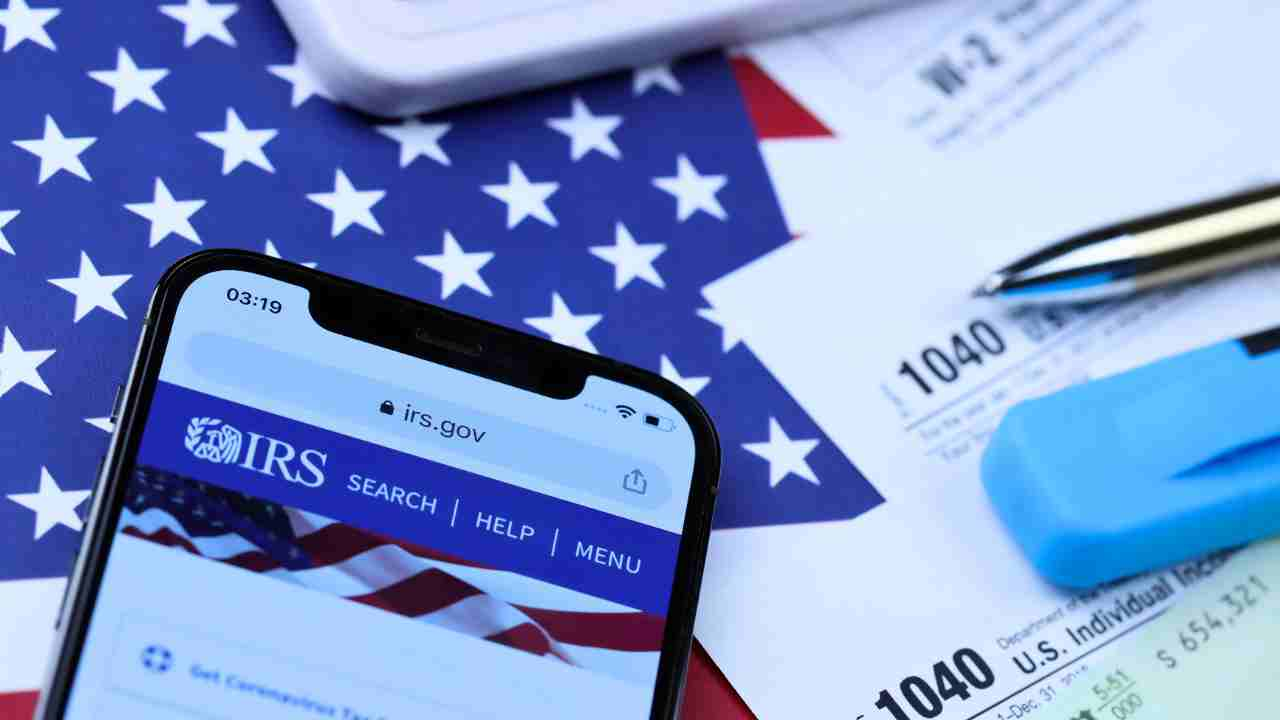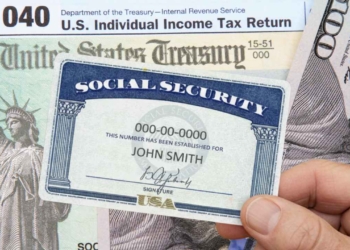Getting a suspicious text message or email is very common this summer. Often, it deals with your IRS tax refund payment. The best thing you can do is not click on it. If you click on it, there could be some risks. One way or another, scammers impersonate the Internal Revenue Service, and they will try to steal your personal information.
Don’t let phishing scams sour your summer, claims a recent IRS post on social media. Reporting phishing and online scams is beneficial because it will help stop them and prevent many Americans from falling for them. Don’t take the bait because the Agency does not initiate contact with taxpayers by email, text messages, or social media.
IRS tips to avoid scams and phishing in the summer of 2025
In the first place, do not give personal information by email, text message, or on social media. Of course, your PIN number must be kept secret. Just like financial information or passwords.
Often, the request information regarding your bank, credit, or debit cards. So, make sure you ignore these requests and report them. Here’s the step-by-step guide for things to do when you receive a suspicious email or text message.
- Never reply to suspicious emails pretending to be sent by the Agency
- Never open attachments because they may contain malware that could be set up on your device to steal information. Remember that smartphones and computers could be easily infected if you do not have enough protection
- Never click on the given links
- Once you receive this email, forward it as it is to [email protected]. Make sure you do it like that because screenshots or scanned images remove valuable information to track scammers
- Finally, delete the email once you have reported it and forward it to the Internal Revenue Service
IRS-related suspicious calls
Phone calls are also popular scams. A great strategy is to block these sorts of calls. To do so, you can use you can install call blocking software for smartphones in the U.S.
The Internal Revenue Servicedoes not endorse any brand or solution. However, the Agency offers a few solutions:
- Consumer Reports
- Consumer Reports Advocacy
- CTIA
Use this IRS website to get any of them: https://www.irs.gov/privacy-disclosure/report-phishing. In the event of receiving a suspicious call from someone pretending to be an IRS agent, check your Internal Revenue Service online account.
There you will be able to see the amount of money you owe the IRS, as well as other tax account information. It is always possible to call them back, but first make sure you know the official phone number the Agency has.
Reporting any incidents is necessary to help fight scams and phishing. Hang up when they are forcing you to make a payment quickly or threatening you.
Sources:
- Report phishing and online scams: https://www.irs.gov/privacy-disclosure/report-phishing
- Recognize tax scams and fraud: https://www.irs.gov/help/tax-scams/recognize-tax-scams-and-fraud







